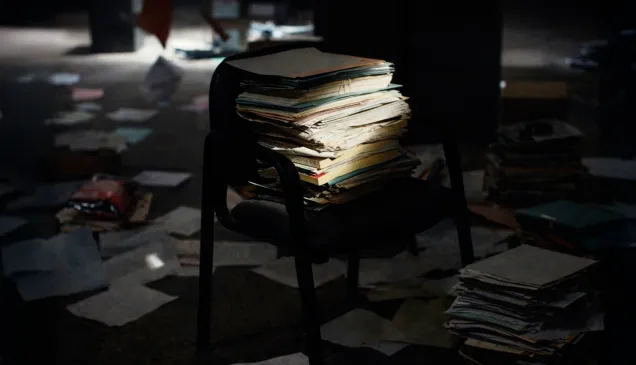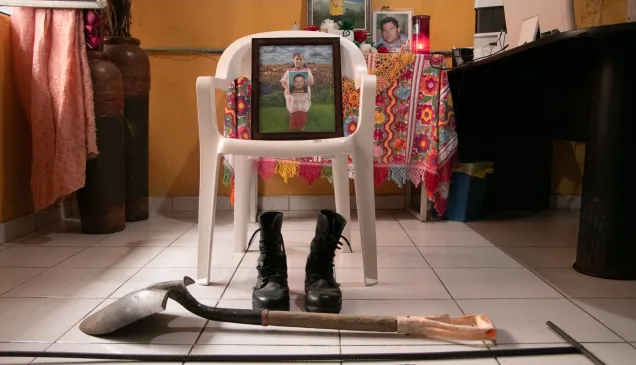Voices to Action: Migration and violence, major challenges for communities in Honduras
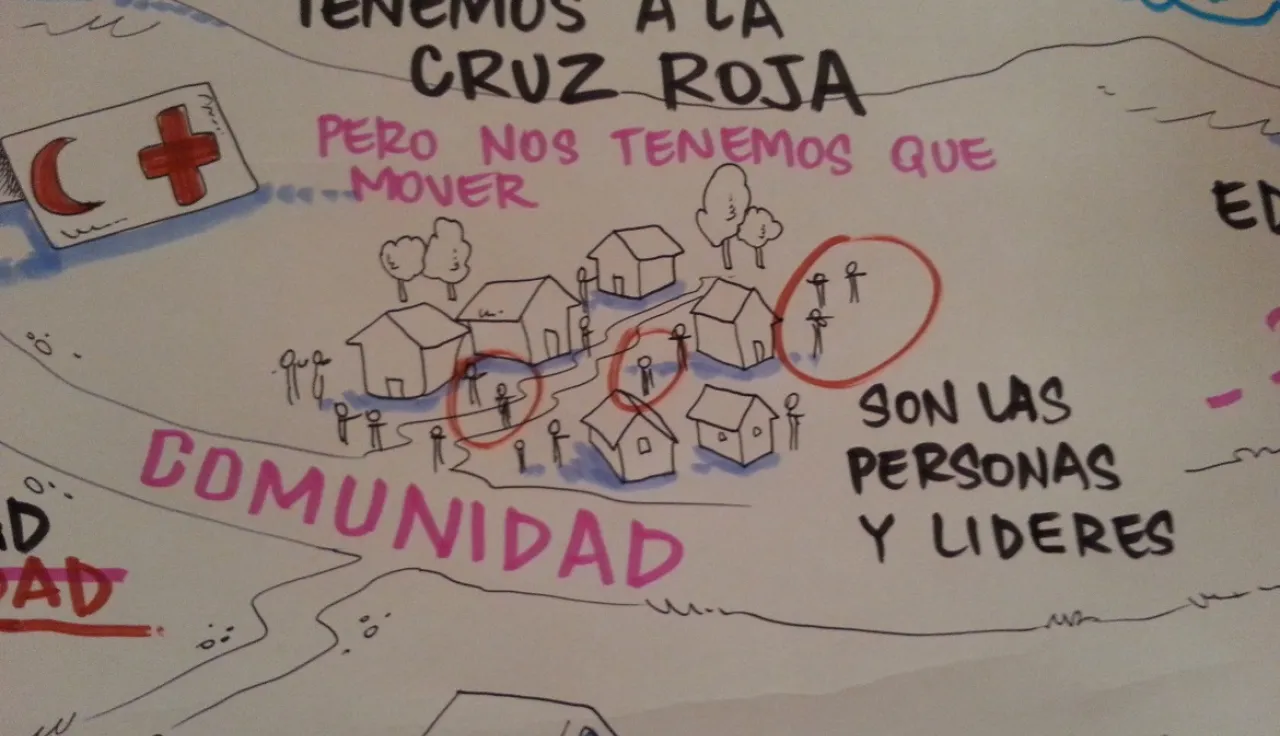
The second humanitarian hub event held in Tegucigalpa, Honduras, as part of the Voices to Action campaign aimed to complement the online platform created to discuss ideas and thoughts about today's local and global humanitarian challenges with affected communities and key stakeholders.
Ideas and community-driven solutions for addressing local needs were discussed at the event.
The key challenges identified by the participants in Honduras were migration issues and the situation of violence and insecurity.
The Voices to Action initiative aims to bring attention to the humanitarian crises that millions of people face every day and gather insight on how prepared people feel to tackle local and global challenges.
Humanitarian hub event in Honduras: testimonies
Vilma Yaneth Núñez: living with HIV and the lack of drugs
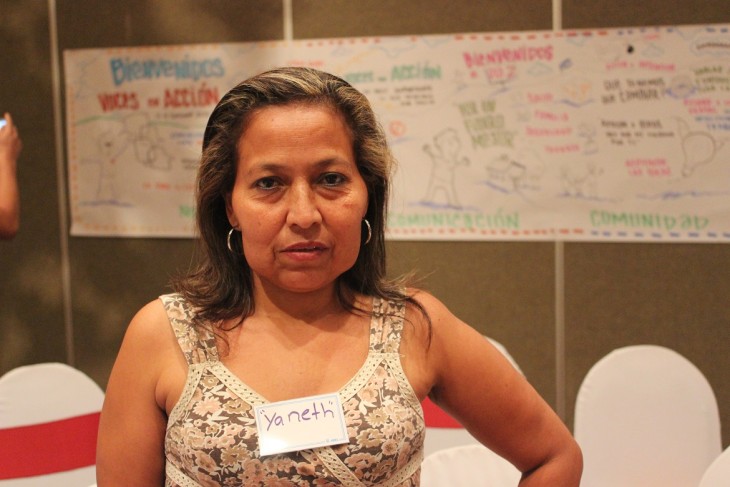
CC BY-NC-ND / ICRC /Luis José Mendoza
I attended this event because the Red Cross invited me, and this made me feel like I mattered. These discussions were very important, because they made us feel empowered to make a difference.
We have a lot of problems in Honduras; a life-threatening situation could be just around the corner, and people living with HIV, for example, are often unable to get the drugs they need.
I trust that the Red Cross will take what it has heard here to other forums, so that we can get the assistance we require. We would ask leaders to please help those in need, those living with HIV and other diseases and prevent discrimination.
I hope that my story will serve to help others. I contracted the disease from a contaminated blood transfusion. However, having HIV is not the end of the world; it has not been a millstone around my neck. It has helped me to love myself more, to love my family and to be stronger.
Abraham Miguel Salinas Barahona: fighting stigma and discrimination
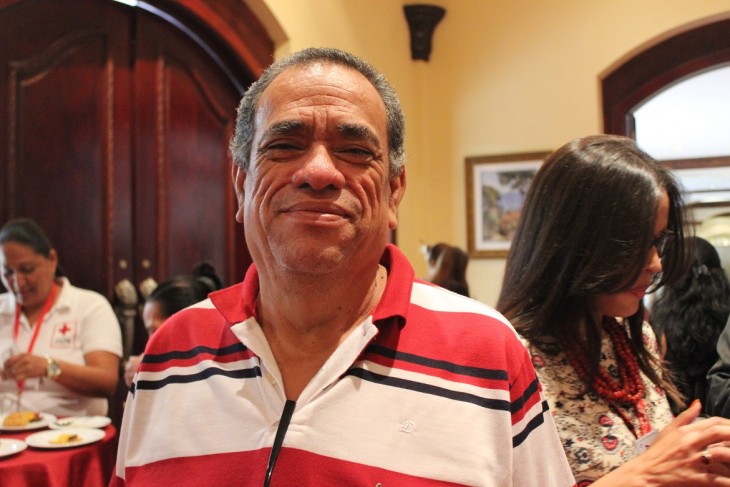
CC BY-NC-ND / ICRC / Luis José Mendoza
My country faces serious problems such as poverty, poor access to education, insecurity and killings. I want to pass on what I learn here at this event to the members of my self-help group for people living with HIV.
I would urge leaders not to forget our country and to support us in our efforts to tackle insecurity issues and prevent HIV and other diseases affecting people in Honduras.
I have been living with HIV for 18 years; it is not easy, but it is not impossible either. When I contracted the disease, we were not given drugs and were forced to go on a hunger strike so that the government would listen to us. We secured a budget of three million lempiras for drugs, but the number of people infected has increased.
We struggle to overcome stigma and discrimination, our rights are violated and we are made to get tested when we apply for a place at university or a job. Myths about how the disease is transmitted persist.
Prevention is not a priority in the country. Drugs are provided, but efforts must also focus on preventive measures, because a lot of people are becoming infected. Unfortunately, although the legislation is in place, it is not enforced.
We survive thanks to self-help groups. I am a successful survivor and do my best to help others in my situation overcome their problems. People must be educated in order to prevent the spread of the disease, and for the past 18 years I have been working to ensure that people are well informed.
Denis Gudiel: helping others through his own tragic experience
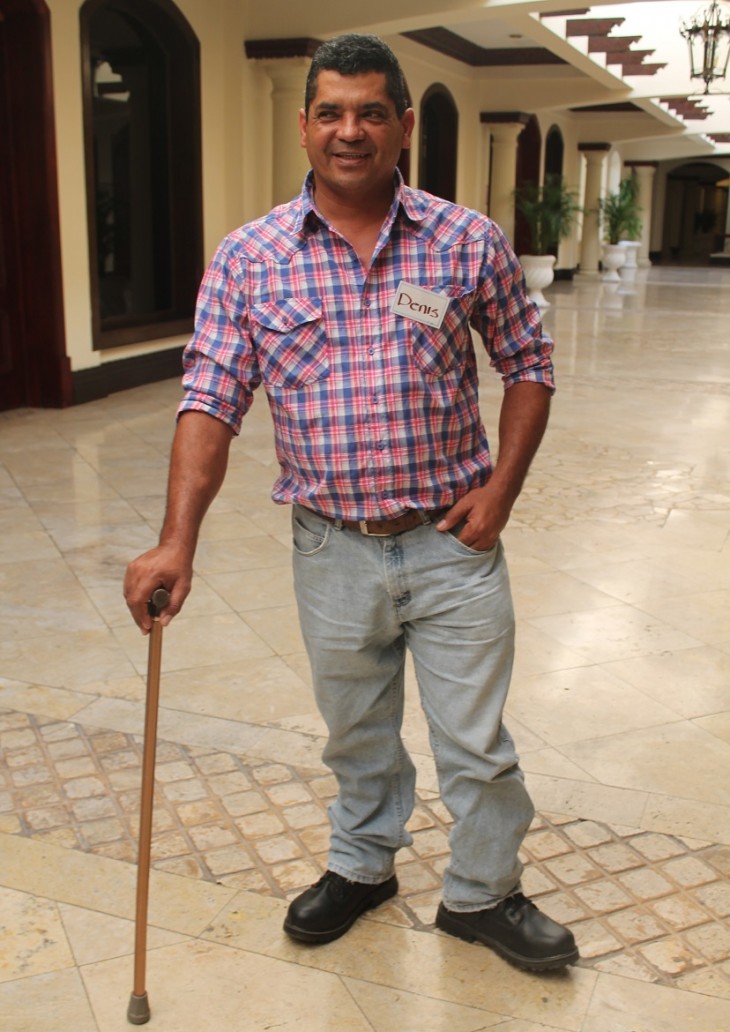
CC BY-NC-ND / ICRC / Luis José Mendoza
I attended this event because nobody knows everything in this life and we must learn from others if we want to have a good life.
Migration is a major problem in Honduras. I am a disabled returning migrant, and I am now aware of how great the needs of people living with disabilities are. I migrated for economic reasons; it is not easy to leave your family behind, but I had to find a way to earn a living.
Now I give talks at schools, universities and churches to try to discourage people from migrating. In these talks, we explain the risks, we speak to those who are suffering because a loved one has migrated and we use my story as an example: I was disabled when both my legs were injured in a train accident.
World leaders need to remember the disabled. I work as a volunteer, because I know what needs other people have and can help them. In spite of my condition, I feel that I can make a difference. The Red Cross has supported me with the establishment of a microenterprise and with prostheses. Now I am working with them.
I have achieved a great deal. Now I have my own office and help disabled people in general, not just returnees, and I also help people who have been disabled as a result of traffic accidents or other types of accident.
I spoke about my problem at an open city council meeting. If we get involved, we can change. I feel proud of myself. If I hadn't been disabled, I might not be helping others today.
Join the conversation on humanitarian crises. Visit the Voices to Action website.

